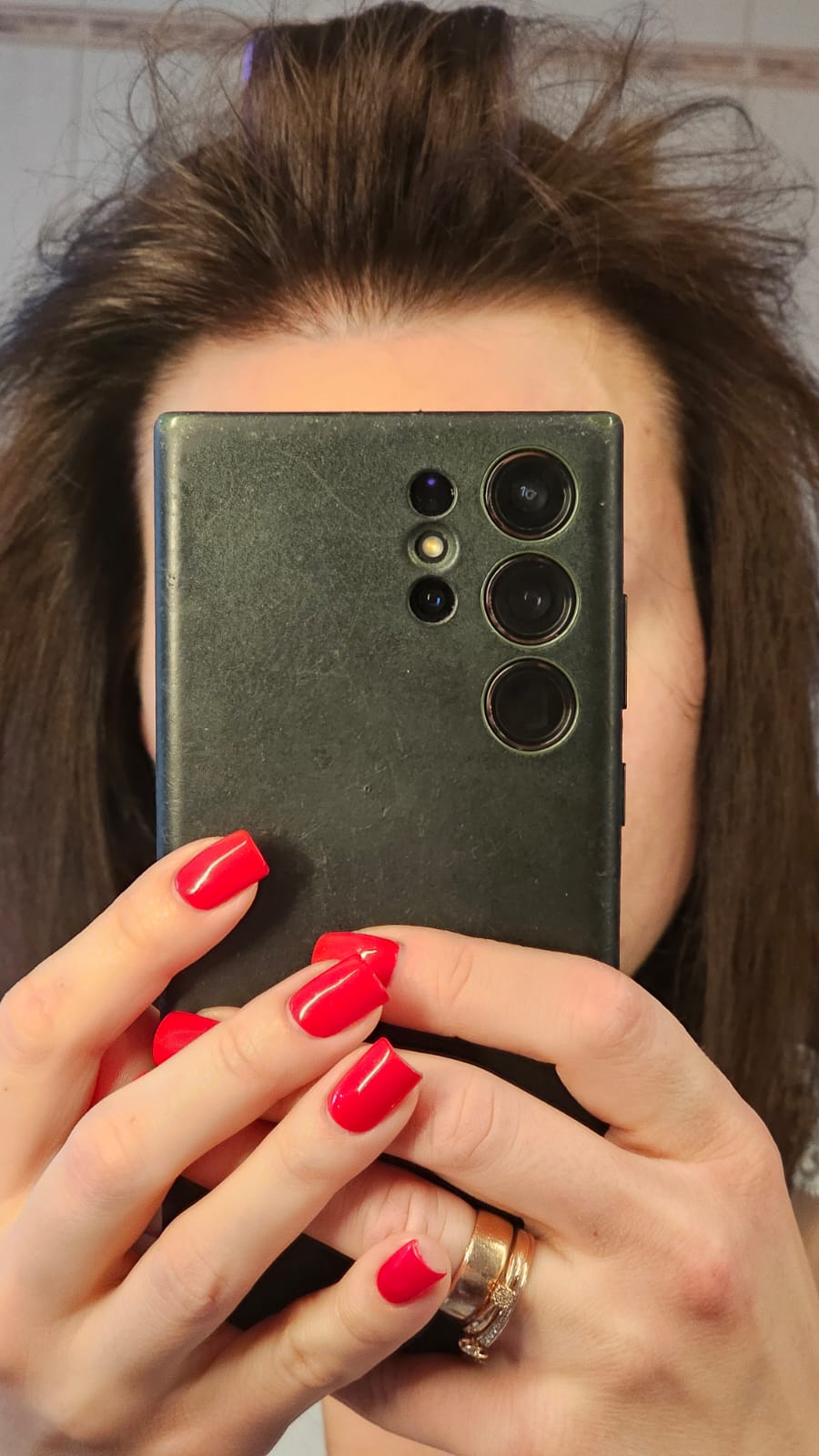
Dendritic cell therapy (DCT)
Dendritic Cell Therapy (targeted immunotherapy)
Dendritic Cell Therapy is one of the ground breaking clinical cancer treatments that are highlighted among the medical community. The remarkable progress in Immunotherapy, notably in Dendritic Cell Therapy, has transformed cancer treatment and garnered prestigious recognition with Nobel Prizes in Physiology or Medicine in 2011 and 2018. This treatment represents a pivotal breakthrough in the battle against cancer, offering renewed optimism and possibilities for patients.
Let us explain how and why we offer DCV in our clinic
Dendritic Cell Therapy boosts the numbers by taking some immature Dendritic Cells from the patient’s own blood and cultivating, processing, and activating them in the laboratory. It is a complex and highly specialized process that only a few laboratories can perform. In the end, the patient receives certification on quality to get the very best quality of cells.
Dendritic Cell therapy is one of the immunotherapy treatments, which change the landscape of what we think about managing advanced disease.
How does the DCT affect cancer cells?
- Dendritic cells serve as key players in the innate immune system, orchestrating specific immune responses against abnormal cells or pathogens. They accomplish this by presenting altered or foreign molecules to T cells, which are crucial components of the immune system. Without this presentation, T cells are unable to identify and eliminate cells containing these foreign or altered molecules. However, in cancer, the ability of dendritic cells to present antigens is often impaired, leading to ineffective anti-cancer immune responses. The dendritic cell vaccine utilized in our clinic operates on the principle that dendritic cells can be manipulated outside the body to enhance their antigen presentation capabilities. Immune cells are extracted from the patient's blood and cultured in the laboratory to transform into dendritic cells. These dendritic cells are then loaded with tumor-specific molecules and matured. Upon re-introduction into the patient's body, these dendritic cells effectively present the cancer-specific antigens to T cells, triggering an immune response against the cancerous cells. This advanced therapy product is administered intramuscularly according to a tailored vaccination schedule. Furthermore, this immunotherapy can be integrated into the patient's standard treatment regimen, which may include chemotherapy, radiotherapy, or targeted biological therapies. Approximately 40 percent of patients diagnosed with various forms of cancer, particularly those in stages III-IV, who underwent dendritic cell therapy alongside standard treatments, exhibited positive responses to the immunotherapy. For these patients, immunotherapy substantially extended both the duration and quality of life.
Share
Before undergoing infusion therapy, it's important to ask your doctor or healthcare provider several questions to ensure that you are well-prepared and that the procedure goes smoothly.
Here are some questions you might consider asking:
- What specific medication or solution will be used in the infusion?
- How long will the infusion session take?
- Are there any special instructions I need to follow before the infusion?
- Should I eat or drink anything before the procedure?
- What are the potential side effects or risks associated with this therapy?
- Could you explain the process of the infusion to me?
- How can I contact medical staff if I have questions or issues during or after the infusion?
- Do I have any known medications or allergies that could affect this procedure?
- Could this therapy interact with any other medications I'm currently taking?
- What symptoms or side effects should I report after the infusion?
- How often will I need to receive this therapy?
- Are there any tests I need to have before or after the infusion?
- What are the expected benefits of this infusion therapy?
- Are there any dietary or activity restrictions I should follow before or after the infusion?
- How will I know if the infusion therapy is working for me?
- Is there any additional information or resources you can provide to help me understand this therapy better?
These questions can help you gain a clearer understanding of the infusion therapy, its purpose, and what to expect.
Important!
Open communication with your healthcare provider is key to ensuring that you have a safe and effective treatment experience.













